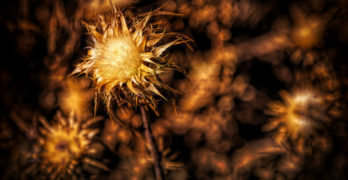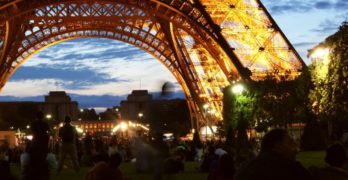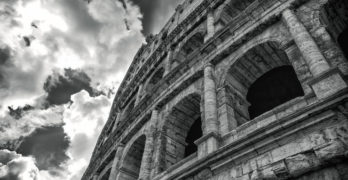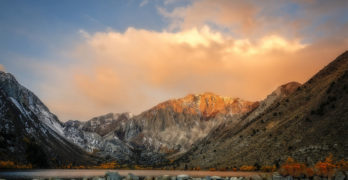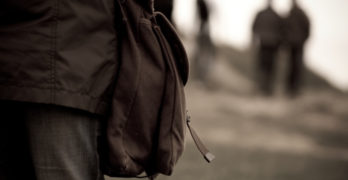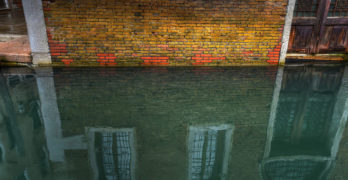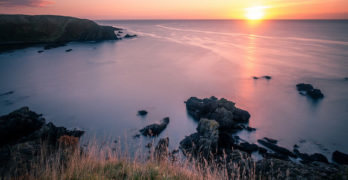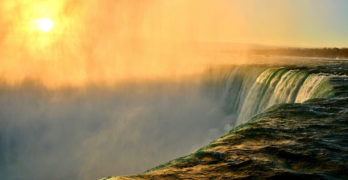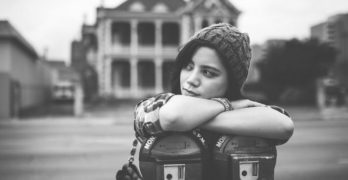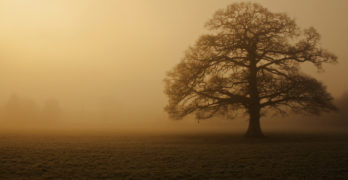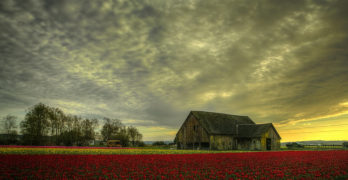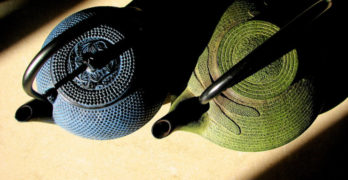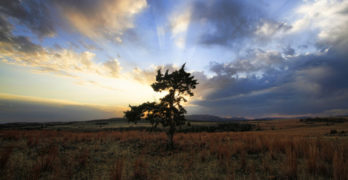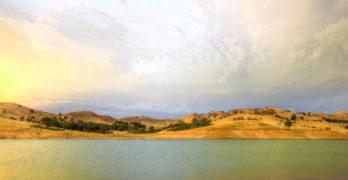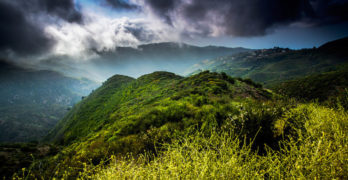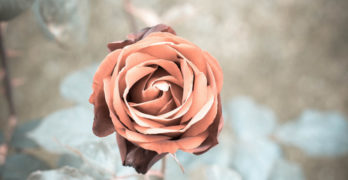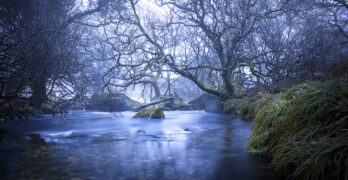“The Threshold of Light,” a new chapbook by poet Michael Glaser, includes 21 poems filled with light as awareness, knowledge, energy, life, and grace.
Poets and Poems: Shanna Powlus Wheeler and “Evensong for Shadows”
Shanna Powlus Wheeler’s first full poetry collection, “Evensong for Shadows,” suggests the omnipresence of grief — a measure of the loss of love or happiness or relationship, and very much a part of life.
The 2019 Pulitzer Prize for Poetry: “Be With” by Forrest Gander
“Be With” by Forrest Gander won the 2019 Pulitzer Prize for Poetry. The quietly stunning collection stimulates reflection and introspection on every page.
Travel and Love: The Poetry of Catharine Savage Brosman
The poetry of Catharine Savage Brosman, especially in her later collections, is about travel, and the love she has for her “then and now again” husband.
Poets and Poems: Michael Spence and “Umbilical”
Poet Michael Spence published four collections during 30 years as a bus driver. His fifth, “Umbilical,” won the New Criterion Poetry Prize.
Poets and Poems: Mike Bond and “The Drum That Beats Within Us”
“The Drum That Beats Within Us” by Mike Bond is a collection by a warrior poet, a warrior prepared to fight to the death with the soul of a poet.
Poets and Poems: Nick Laird and “Feel Free”
The poems of “Feel Free,” the newest collection by Irish poet Nick Laird, explore ideas of freedom and restraints, opening up worlds of imagination.
Poets and Poems: Ailbhe Darcy and “Insistence”
In her new poetry collection, “Insistence,” Ailbhe Darcy explores the responsibility of the poet and the individual to address great issues of the day.
Ocean as Metaphor: “The Crossing Over” by Jen Karetnick
“The Crossing Over,” the new poetry collection by Jen Karetnick, uses the ocean as metaphor, offering its bounty but demanding its sacrifices.
Poets and Poems: Phoebe Power and “Shrines of Upper Austria”
In “Shrines of Upper Austria,” British poet Phoebe Power explores a common theme in contemporary power — identity, her own and that of her grandmother.
Poets and Poems: James Matthew Wilson and “Some Permanent Things”
The poems of “Some Permanent Things” by James Matthew Wilson speak to the transient and the permanent in our history, our lives, and our future.
The T.S. Eliot Prize: “Three Poems” by Hannah Sullivan
The language of “Three Poems” by Hannah Sullivan, the 2018 T.S. Eliot Prize winner, is sharp, clear, and devoid of ambiguity. And it is indeed three poems.
Poets and Poems: Benjamin Myers and “Black Sunday”
In “Black Sunday,” Benjamin Myers uses poetry to explore and illustrate what happened to the people and the land during the Dust Bowl of the 1930s.
Poets and Poems: David Bottoms and “Otherworld, Underworld, Prayer Porch”
The poems of “Otherworld, Underworld, Prayer Porch” by David Bottoms reach back to the people and stories that shape our minds and hearts.
Poets and Poems: Aisha Sharif and “To Keep from Undressing”
The poems of “To Keep from Undressing” by Aisha Sharif tell the powerful story of a black woman and her Muslim faith in America.
Poets and Poems: James Matthew Wilson and “The Hanging God”
The poems of “The Hanging God” by James Matthew Wilson present an irresistible urge, almost a compulsion, to reread them to find new layers of meaning.
Poets and Poems: Matt Duggan and “A Season in Another World”
“A Season in Another World” by British poet Matt Duggan takes us on a journey steeped in legend, myth, fable, and fairy tale.
Poets and Poems: Luke Kennard and “Planet-Shaped Horse”
In “Planet-Shaped Horse” by British poet Luke Kennard, be prepared for fun-punched discoveries about words, language, ideas, and conventions.
Poets and Poems: Mary Karr and “Tropic of Squalor”
“Tropic of Squalor” by poet and memorist Mary Karr demonstrates Karr’s well-earned reputation for excellence in imagery and metaphor.
Paul Kingsnorth: The Poetry of the Future Landscape
The poetry of Paul Kingsnorth is continually looking at the landscape, the landscape of the future superimposed on the landscape of the past.

